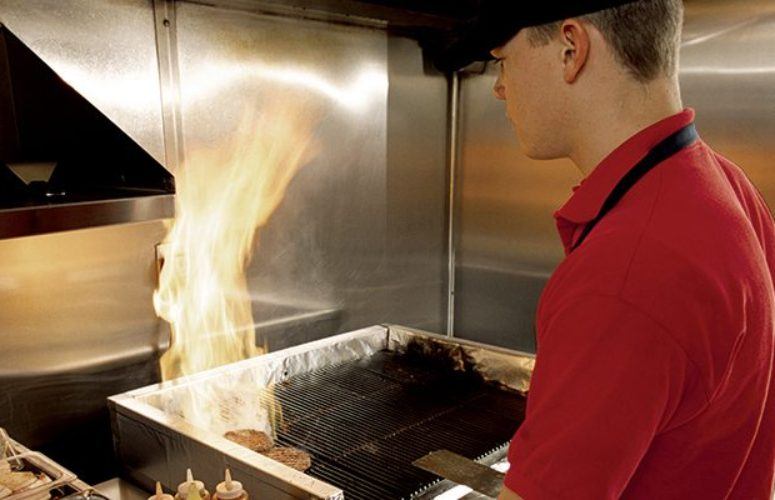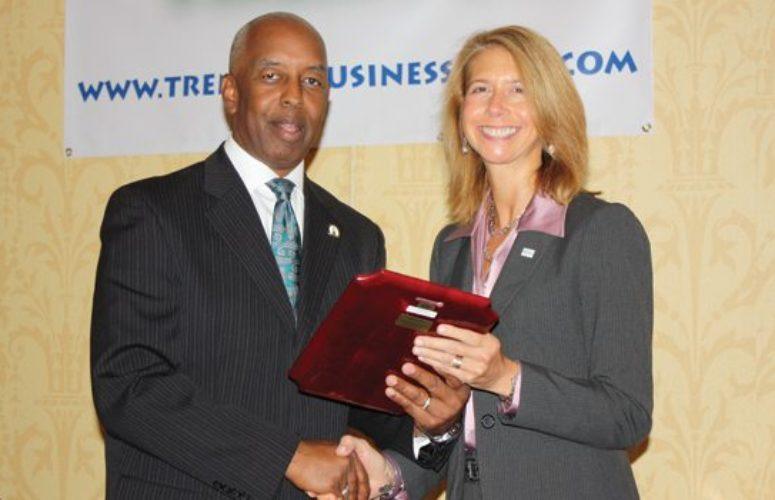
What’s Eating NJ Restaurant Owners? Its Leaders Head to Trenton
By George N. Saliba, Managing Editor On May 11, 2018What would happen if marijuana is legalized in New Jersey, and a restaurant serves someone (who appears sober) alcohol, although the patron had already ingested edible marijuana? While the New Jersey Restaurant & Hospitality Association says it does not take an official position on marijuana legalization, it wrote in a pamphlet at its Advocacy Day – held yesterday in Trenton – that “the effects of edibles in particular may not be apparent for several hours after the consumption, and the user could appear sober (and able to be served alcohol) during that window.” The association is concerned about restaurants’ future legal liabilities arising from patrons who may become impaired in this way.
This issue is among a host of both triumphs and worries for a New Jersey industry which has a staggering 18,337 establishments across the state (as of 2016), and is the state’s largest private-sector employer with nearly 350,000 jobs that not only typically employ residents within a seven- to nine-mile radius from specific restaurants, but also provide opportunities for people of all walks of life.
Advocacy Day consisted of restaurant owners (and also hoteliers), first meeting amongst themselves, and afterwards, meeting with state legislators. Besides the association asserting that “public consumption” of marijuana consumption should be prohibited and, additionally, that establishments should be legally protected from the above-mentioned marijuana edibles/alcohol scenario, it is separately concerned about: increases in the minimum wage; Airbnb tax-related concerns; the state potentially offering many new liquor licenses (which would hurt those establishments that have already invested heavily in the few liquor licenses currently available); and “predictive scheduling,” which would require restaurants to schedule their employees’ work arrangements in advance.
On the latter point, the association’s President and CEO Marilou Halvorsen told New Jersey Business, “Our employees don’t like it; they love flexibility. They are going to college [for example] and they have a test [the next day]; they need to get a shift covered. [With predictive scheduling,] you can’t do that.”
She also cites a meal for a family following a person’s funeral: “Somebody passes away and they book a party; you don’t get two weeks’ notice on that. So, now you have to pay [employees] a premium to bring them in.”
She adds, “If it is a slow [business day] and people want to go home, you would say, ‘Oh, it is slow. Who wants to leave?’ Everybody is raising their hands. But, you are not able to do that because [with predictive scheduling] you have to still pay them. It just takes that away from them.”
The Cumulative Effect
Regarding various issues of concern, Halvorsen said, overall, “Any one of those can have an impact on small business, but when you talk collectively about all of them, whether it is minimum paid leave, paid family leave – for labor-intensive industries like ours – it has an even more detrimental effect.”
She says, “Who doesn’t want to be able to pay people more and give them more time off? But, for a restaurant or a hotel to operate, it can take 100 people to make a profit of $1 million. For a tech company, they can make $1 million with three people. It is very different. Any labor issue that is mandated back on the small business does have a negative effect.”
National Restaurant Association
Offering the national perspective, Keith A. Stephenson, director, state and local government affairs at the Washington, D.C.-based National Restaurant Association, told New Jersey Business, “Marilou said it best: I think it is really more the impact on a cumulative basis. In [various] jurisdictions, in some cases, [legislators] are not actually reaching out to the restaurant community and saying: ‘Hey, is this a problem that we need to solve?’
“In many circumstances, they are saying, ‘This is a problem that we need solve.’ And the restaurant community is coming back and saying, ‘No. We don’t want it, and our employees don’t want it.’
“If collaboration and conversation hasn’t been had, more than likely the resulting policy isn’t productive. And that’s the case for minimum wage, scheduling [and for] paid leave. If there is not a collaborative conversation, then it is not benefitting all parties; it is based on ideology.”
Meeting with Policymakers
The New Jersey Restaurant & Hospitality Association yesterday offered a page of “do’s” and “don’ts” for guiding its members to meet with 19 legislators and the state senate president, before they headed across West State Street to do just that.
To access more business news, visit njbmagazine.com
Related Articles:





